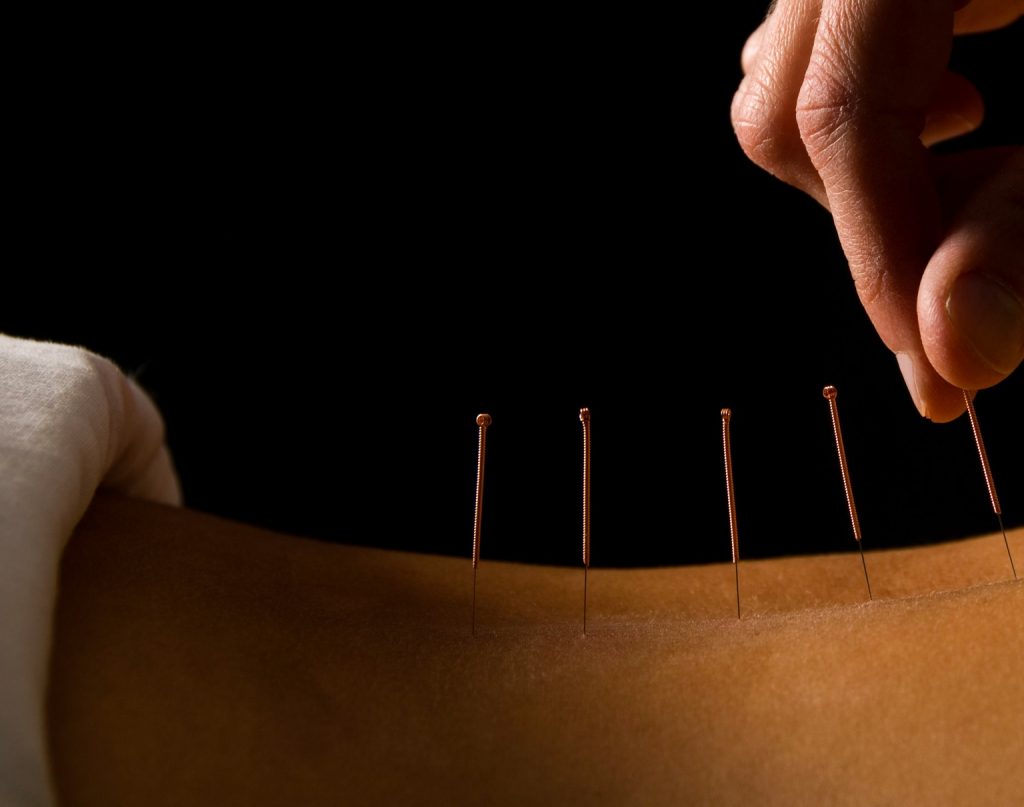Acupuncture has been used by physicians all over the world to treat everything from depression and anxiety to chronic pain. But how does it work and is it right for you?
What is acupuncture?
Acupuncture is an ancient Chinese medicinal practice that has been used for millennia to cure a variety of ailments. The earliest known written reference dates back to around 100 B.C., but it’s quite likely that the tradition is far older.
In acupuncture, a specially trained physician inserts extremely thin needles into specific points on the body. According to the theory of Chinese traditional medicine, these needles disrupt the flow of energy, or qi, and help redirect it to areas in need of healing.
Does it actually work?
The scientific community remains divided on whether or not acupuncture is effective and has yet to produce a fully satisfactory explanation as to why it might be. Nevertheless, there is a substantial amount of testimonial evidence that acupuncture can be a powerful tool in coping with a number of medical conditions. One study of more than 18,000 patients in 2012 found that acupuncture was an effective method for combating chronic pain. Some scientists have attributed this to the way the needles in acupuncture interact with nerve endings in the human body. Others have suggested that targeting certain points can decrease inflammation in the body, thereby reducing pain.

What are some of the benefits of acupuncture?
Although there are a host of methods that medical professionals use to help patients cope with pain, many of them come with serious side effects. Some varieties of painkillers, particularly those containing any form of opioid, can be addictive and induce physical withdrawal symptoms. Acupuncture comes with no risk of dependence and can be safely combined with other medications or treatments.
Is acupuncture painful?
Many first-time patients are apprehensive about the thought of inserting dozens of needles into their skin. Yet acupuncture generally does not hurt and can provide immediate relief for those suffering from pain. Some patients experience minor soreness or bruising around the sites in which the needles are inserted. For the most part, however, acupuncture causes no more pain than a slight tingle and has minimal side effects.
Are there any risks I should know about?
As with any medical procedure, acupuncture comes with some risks, although cases of serious complications are extremely rare. If you are taking blood thinners for another condition or if you have hemophilia or any other bleeding disorder, you should avoid acupuncture. Make an appointment at the Acupuncture Clinic for a consultation on how acupuncture might benefit you.
Related center:
Acupuncture Clinic
Related doctor:
Dr. Chee How (Kingston) Ooi , T.M.C.
